While left-wing media outlets in Hungary have been widely reporting that George Soros's Open Society Foundations (OSF) are retreating from Europe and discontinuing their activities on the continent, what in fact is taking place is reorganization aimed to help global progressive networks maximize their influence
But let's look at the details!
Crocodile tears for OSF
For weeks, the Hungarian left-wing press has been trying to create the impression in the public mind that George Soros's network is pulling out of Europe. Such distracting headlines were used by Nepszava, Klubradio or Alfahir, among others. In addition to OSF's alleged withdrawal, opposition newspapers have reported about staff complaining about "headcount reduction" and "cuts in funds", suggesting that Soros's empire is largely abandoning its political ambitions.
In a bitterly worded, lengthy article, 444.hu reported on how shocked staff in the offices of Open Society Foundations across Europe were to hear the news of layoffs. According to the portal, tried and tested, experienced staff are facing dismissal, which will undermine the network's efficiency. The portal also sought to give the impression that OSF is significantly reducing its activities in Hungary, as Alex Soros does not have the same emotional ties to Hungary as his father. However, 444.hu also noted that George Soros donated 18 billion dollars to his foundations in 2017, more than his donations combined since 1984.
"With Soros's decades of donations failing to find followers in substantial number, the expected withdrawal could be painful," HVG noted. Regarding the alleged agony of the network's employees, the economic weekly wrote that the staff of the organizations trying to find funds to replace the money coming from Soros only hope that the current media coverage will lead to the OSF taking into account the needs of the regions when hammering out the details.
False praising of Soros
It is noteworthy that none of the reports discuss how Soros tried to interfere in Hungary's internal affairs, how he tried to bring down the Hungarian government and why he backed anti-government (pseudo) NGOs. Gabor Horn, chairman of the Republikon Foundation, was also silent about these issues when he thanked the foundation for its activities on the occasion of its "withdrawal": "Soros's foundation has helped wherever it could, often taking over public duties from the state. As it is impossible to list all the beneficiaries, here is a random selection: Youth Choir of the Reformed College of Debrecen, National Archives of Hungary, editorial office of Vigilia, Viktor Orban, Rehabilitation Center for People with Disabilities, the Hungarian Hospice Program. For all of this, we are grateful and thankful."
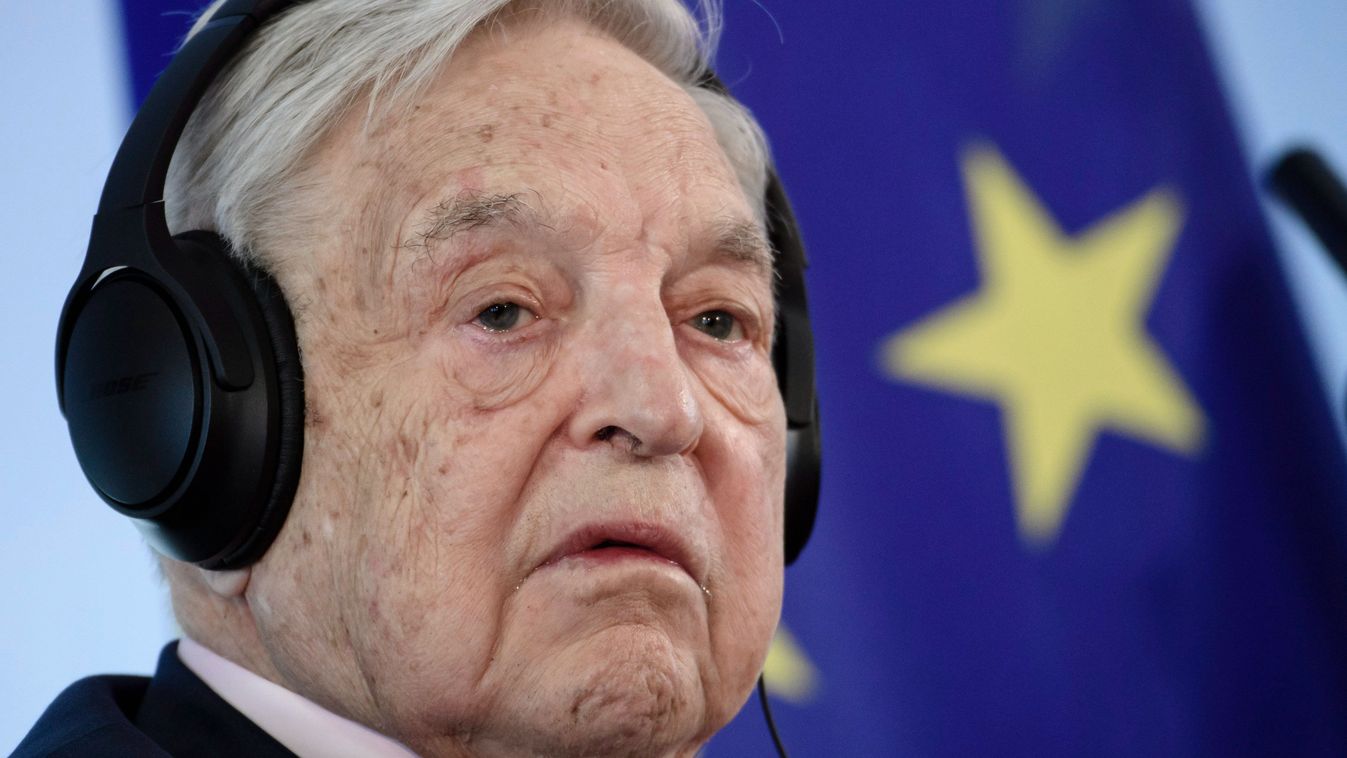

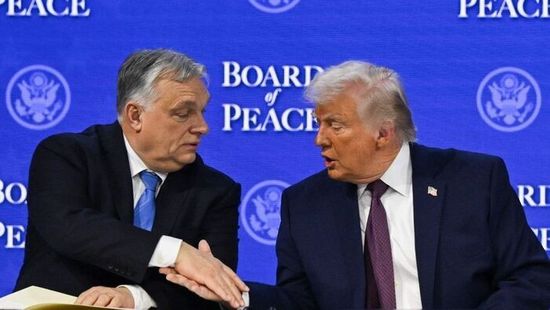
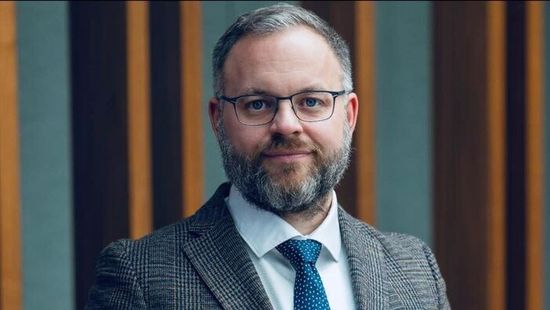
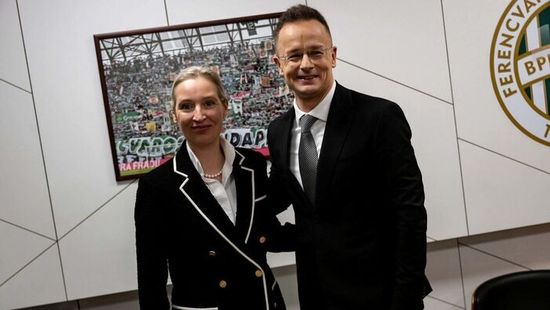

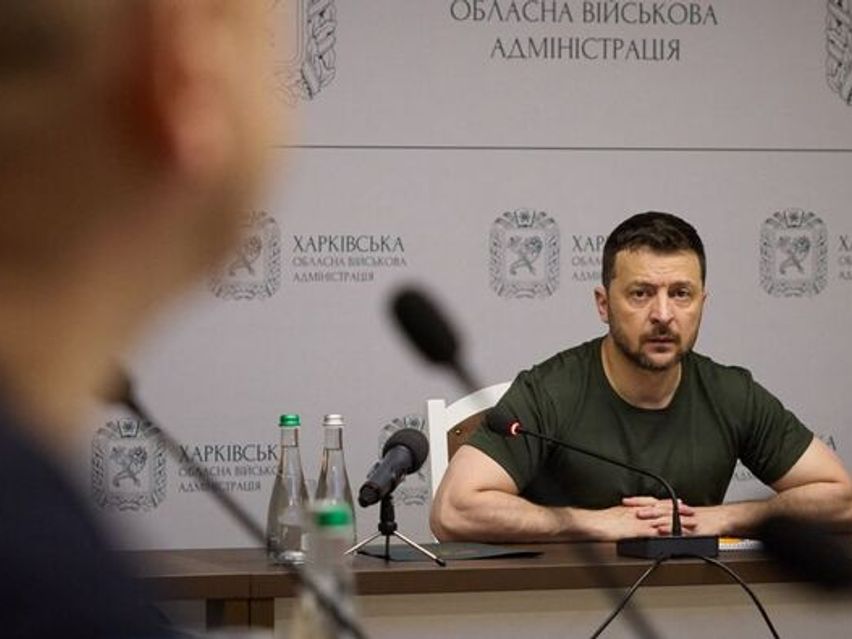

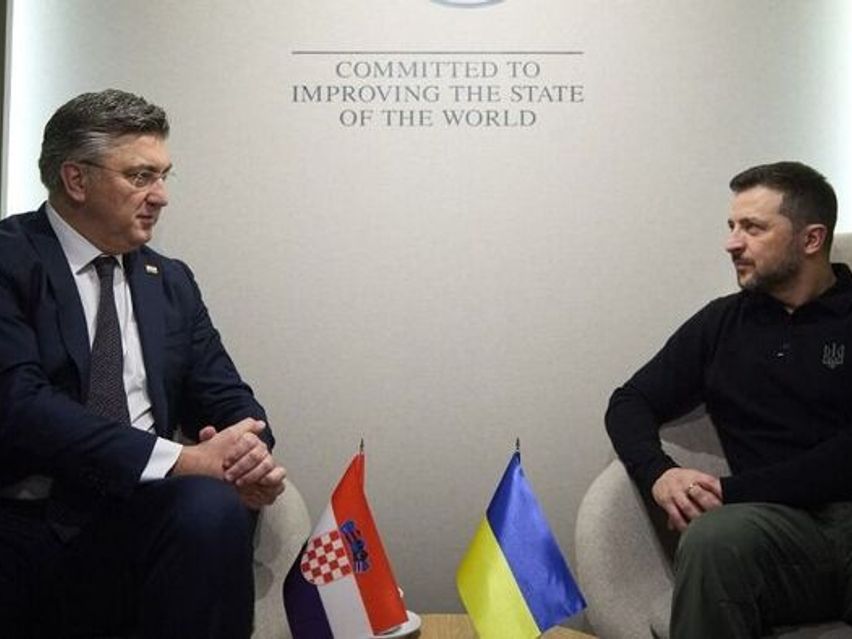




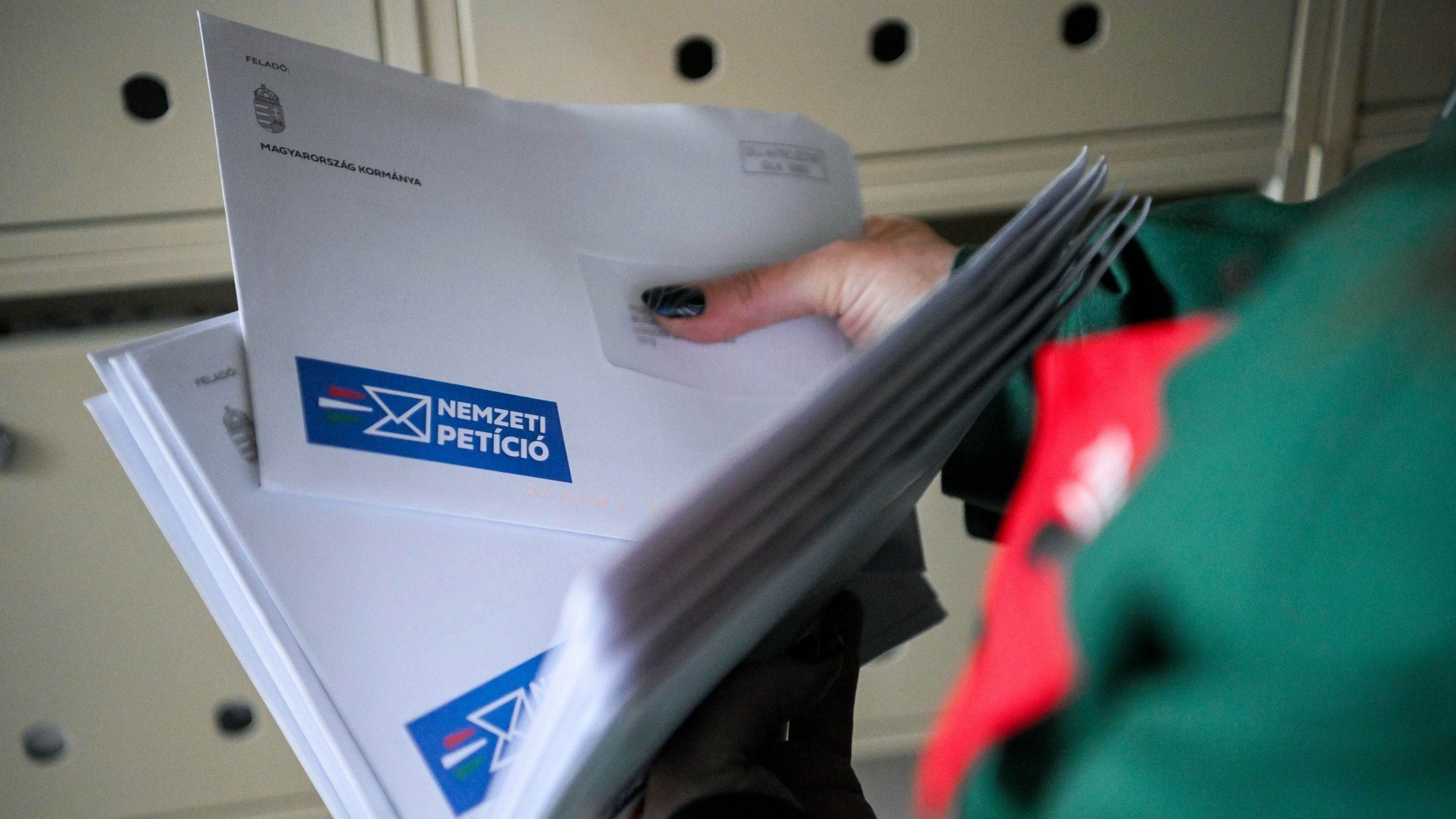
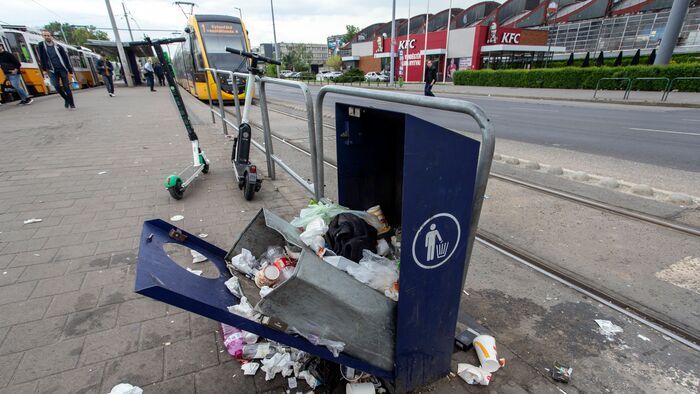

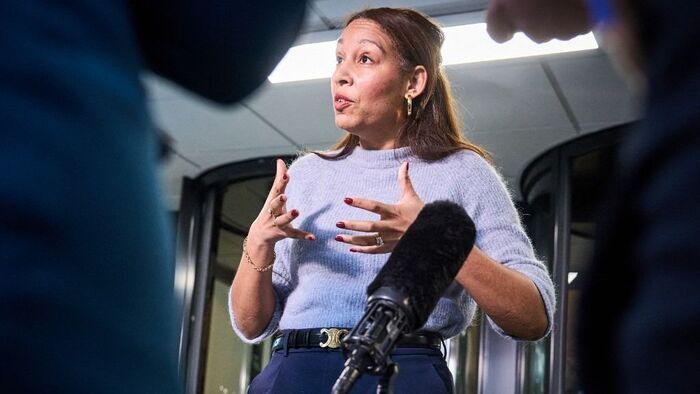
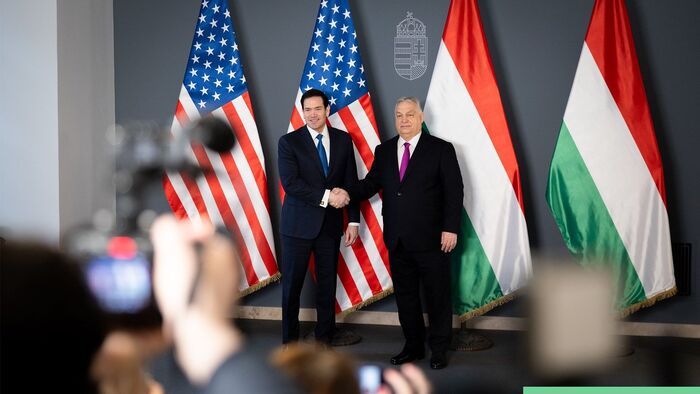





Szóljon hozzá!
Jelenleg csak a hozzászólások egy kis részét látja. Hozzászóláshoz és a további kommentek megtekintéséhez lépjen be, vagy regisztráljon!